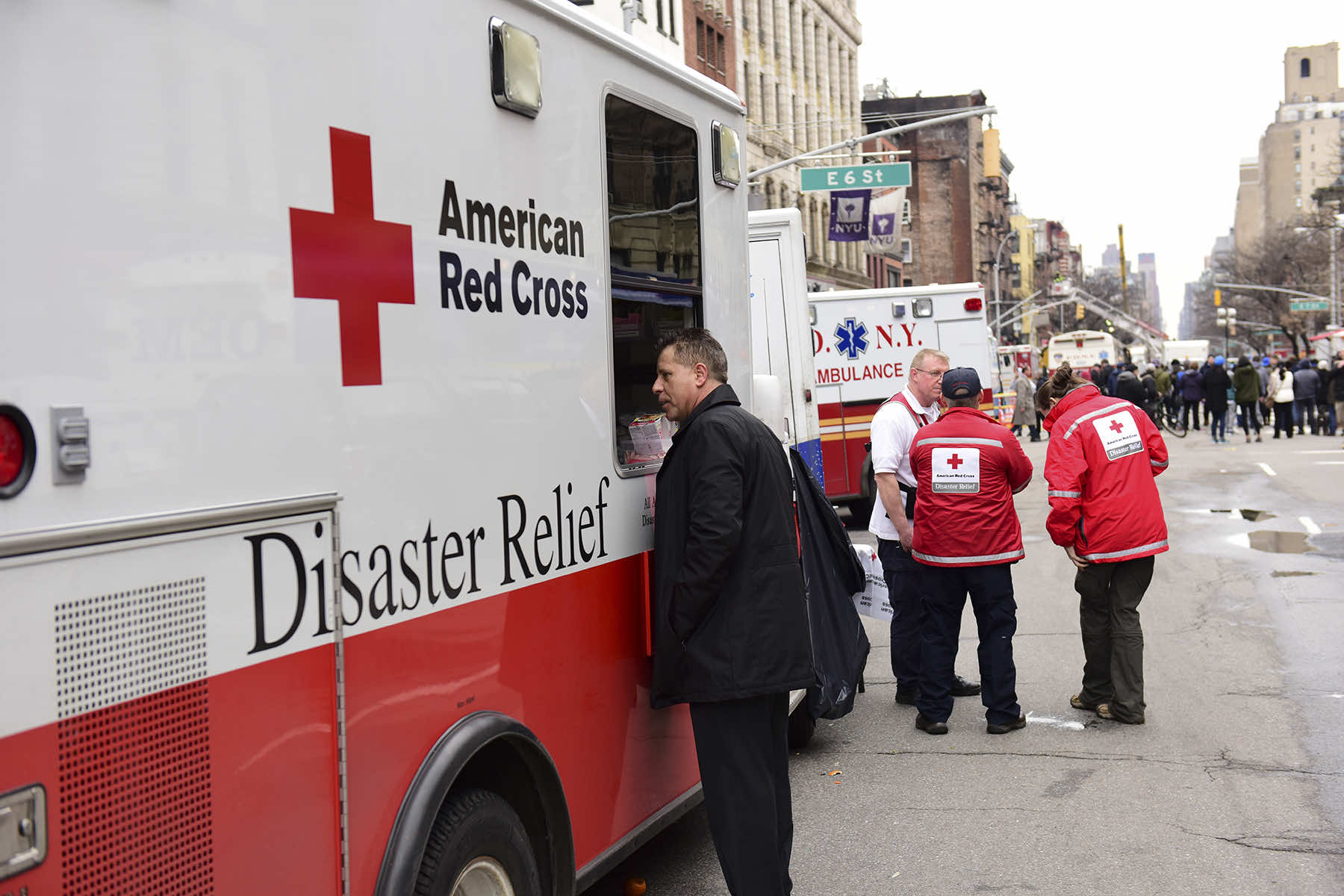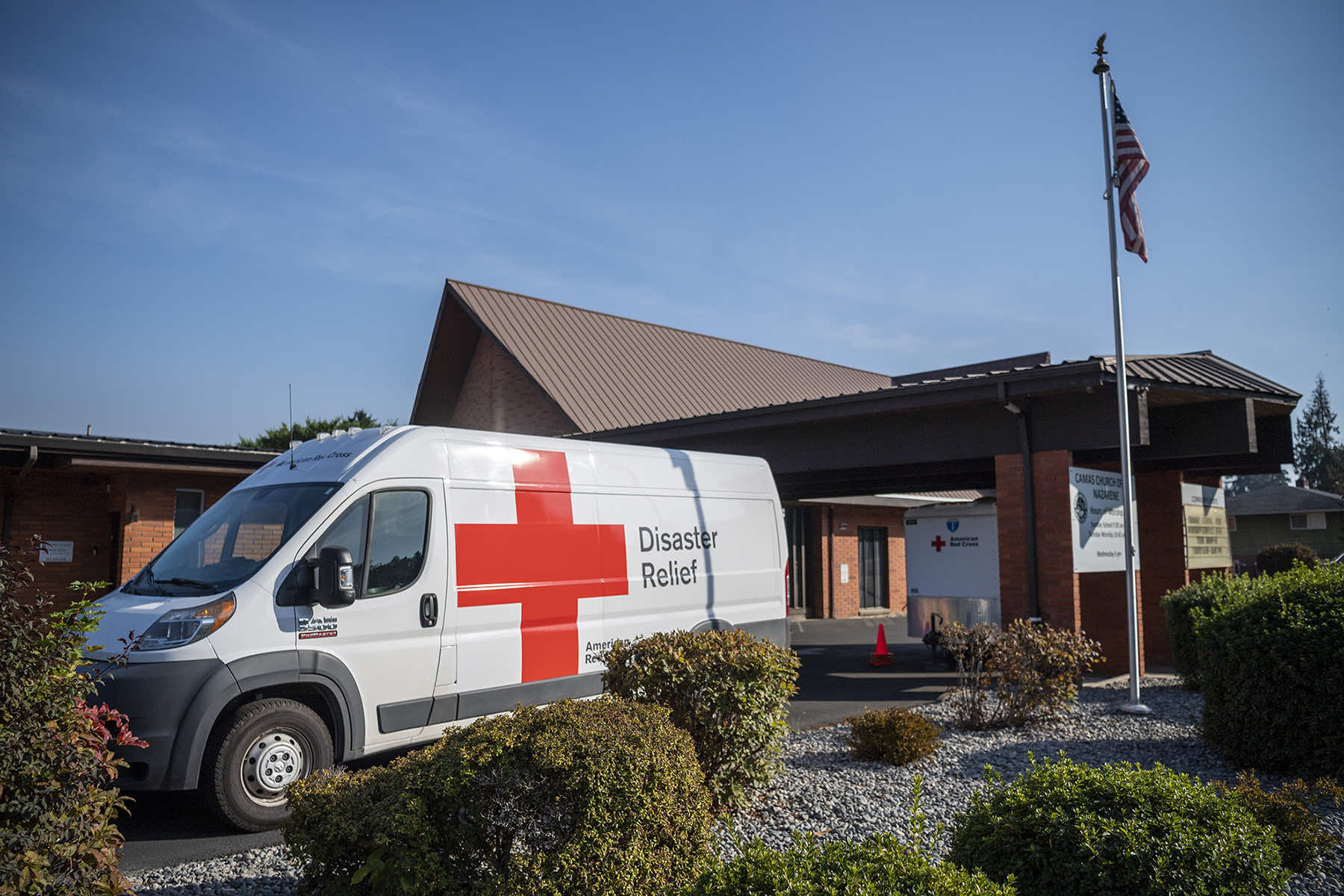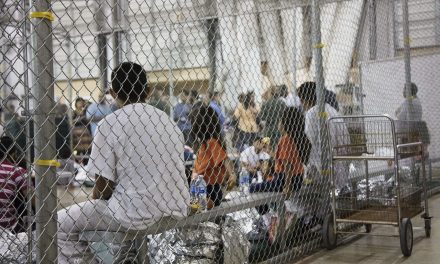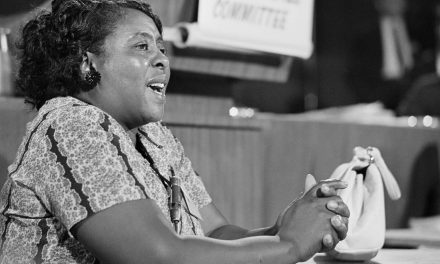
The first comprehensive poll to measure public attitudes on foundations and nonprofits offers signs that charitable organizations are more trusted than other institutions, such as businesses, governments, and the news media.
But it shows many warning signs for nonprofits, given how little Americans know about charities and the pessimism they have about the ability of charities to make a positive difference in the world.
Two especially disturbing findings: 48% think that nonprofits are on the wrong track, and only a third believe charities contribute a lot to society.
Perhaps most surprising is that only 5% of Americans think they or someone in their immediate family has been helped by a nonprofit, even though one in 11 work for a charitable organization and a big share of people are served by colleges, hospitals, cultural organizations, or religious congregations or participate in advocacy drives by environmental, civil rights, and other nonprofits. And when asked what they know about philanthropy, two-thirds said they were “novices.”
“Most people benefit from the services that nonprofits provide, but most people aren’t aware of how these public goods are provided,” said Una Osili, associate dean for research and international programs at the Indiana University Lilly Family School of Philanthropy, which published the study based on a survey of about 1,300 people conducted in the summer of 2022.
The study found that nearly 40% of Americans trusted nonprofits to do what is right, reflecting a higher confidence in charitable and philanthropic organizations than in Congress and large corporations, which both registered positive responses of less than 6%.
But when asked if philanthropy and nonprofits were “off on the wrong track,” a majority said they did not know. When those unsure results were stripped out, only four in 10 Americans felt nonprofits were headed in the right direction. And when asked about nonprofits’ ability to solve problems, only 14% said they had a lot of confidence they could. Still, that is better than any other part of society — governments, businesses, and others ranked even lower.
The downcast view of charities is cause for alarm for charities as they struggle to raise more money from an American public less inclined to give than they have been in the past. Twenty years ago, about 85% of Americans gave. That share has steadily declined to about 50%. At the same time, advocates for nonprofits and foundations have not found traction on Capitol Hill, where the push for legislation designed to jump-start giving has been fruitless. Among the other findings:
The level of trust bestowed on a nonprofit depends on the type or organization. Religious institutions got the most trust, at about 36%, followed by community foundations (31%) and secular nonprofits (23%). Private foundations had a lower rate of trust (20%), with giving by corporations securing the least goodwill (10%).
Americans have a relatively limited view of what constitutes charitable activity. Organizations with tax-exempt status should be allowed to provide disaster relief, according to 95% of those surveyed. But activities that veer into policy were viewed with a more jaundiced eye. About three-quarters of Americans said nonprofits should be allowed to push for racial equity. And a slim majority said nonprofits should be allowed to engage in voter mobilization, policy advocacy, and litigation, which are the bread and butter of many nonprofits.
The small donations that low- and middle-income people give command the greatest respect from Americans. Sixty percent see small-dollar donors as more important to the country than those who give big. But researchers say other findings in the study suggest that at least half of Americans consider donations from the megawealthy to be very important.
The Lilly School’s Osili said another key finding is that most Americans are oblivious to the fact that the share of people who give has been dropping. More than 60% of those surveyed believed that that percentage has increased or stayed the same over the past two decades.
That is a problem, Osili said, because if people think giving remains a vital part of most American households, they may hold off on donations, figuring other donors will step in to fill pressing needs.
The fact that people have such favorable feelings about the role of charity in responding to disasters but hesitate to support them doing policy advocacy is a big problem for nonprofits, said Michael McAfee, president of PolicyLink, a research and advocacy nonprofit. The scope and scale of the problems facing society are so large that responding to people in need during emergencies will fail to secure lasting improvement in the world, he said.
“We need to help people understand that just focusing on disaster response for nonprofits is extremely short-sighted,” said McAfee.















